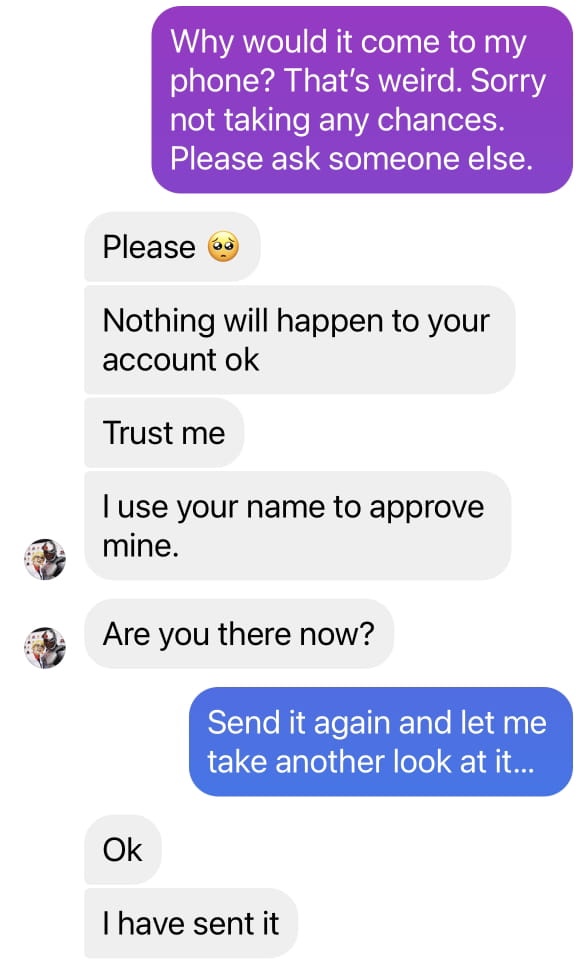7 Techniques to Steer Clear of Scammers on social media

As social media usage skyrockets, so does the risk of encountering scams. With nearly three billion monthly active users on Facebook alone, and an estimated 10% of the U.S. population falling victim to scams each year, it’s crucial to stay vigilant. The consequences can be financially devastating, but there are proactive steps you can take to protect yourself. Below, we highlight seven effective strategies to help you identify potential scams and safeguard your personal information.
1. Be Cautious with Direct Messages

Most social platforms feature direct messaging, making it easy to communicate privately. However, this is also a common avenue for scams. Always scrutinize messages; respond only if they come from someone you know. If a message requests money or personal information, proceed with caution. Scammers can create profiles that imitate your friends. If you receive a money request, call your friend to confirm its legitimacy. Avoid sharing sensitive information over social media.
2. Steer Clear of Suspicious Links
Be on the lookout for suspicious links, whether they appear in DMs or on your timeline. These links can lead to websites that infect your device with malware or viruses. Clicking on such links can compromise your computer, allowing scammers access to your personal information and accounts. Before clicking on any link, carefully examine the URL and domain.
3. Scrutinize Online Offers

While browsing social media, you may stumble upon enticing offers. If an offer seems too good to be true, it likely is—like a $1,000 handbag for $50. Take the time to research the source of the offer and check for legitimacy. While some offers can be genuine, always verify the credibility of the account promoting them, especially if it’s unfamiliar to you.
4. Review Your Privacy Settings
When you create an account, it’s easy to overlook privacy settings. Most social platforms allow you to adjust these settings to limit access to your profile. Setting your account to private means only approved followers can see your posts and personal information, reducing unsolicited messages from unknown users and protecting your data from being misused.
5. Monitor Third-Party Connections
If you’ve linked your social media accounts to third-party services for easier access, be sure to review these connections regularly. Unknown connections may pose a risk, as they can sometimes be associated with malicious apps that collect and misuse your data. If you find any unfamiliar connections, revoke their access immediately to protect your information.
6. Decline Unknown Friend Requests
You likely recognize the people you relate to, so be cautious when a stranger sends you a friend request, especially on Facebook. These accounts may belong to scammers targeting unsuspecting users. If unsure, visit their profile to gather more information. Look for signs of suspicious activity, such as unusual posts or excessive links.
7. Be Wary of Giveaways Requiring Personal Info

The allure of free giveaways can be tempting, but many of these require you to provide personal information or complete surveys. Understand how the giveaway host intends to use your data; it could lead to unauthorized account access. Always be cautious about sharing personal details that could compromise your privacy and security. Regularly update your passwords and enable two-factor authentication for added protection.
Conclusion
Scams on social media have become increasingly prevalent, highlighting the importance of recognizing potential dangers and taking action. By following the recommendations outlined above, you can significantly reduce your risk of falling victim to scams and protect your personal information. Stay informed and vigilant to navigate social media safely.
